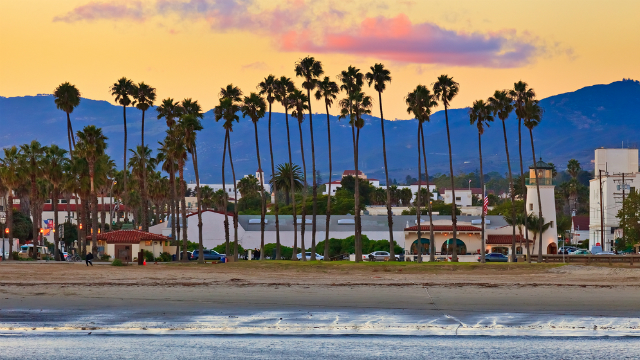Are the Boomers Screwing the Millennials?

I’m generally not so big in thinking in terms of decades or generations or centuries or hunks of time in general.
Consider the Sixties. Is that decade really characterized by any one thing or mood or result or whatever? If Sixties means Civil Rights, then I smile. And who can deny that rock music steadily got better during the Sixties? But if the Sixties are all about thoughtless sexual promiscuity, the mainstreaming of recreational drugs, and the morphing of the Summer of Love into the Summer of Rape, then I do more than frown. I appreciate various Sixties’ efforts to free education as “the art of living” from the imperatives of technological productivity. But the movement away from boring “studies show” courses was too often in the direction of “studies” courses—angry and fake-empowering displays of identity politics (women’s studies etc.).
The Who, one excellent musical product of that decade, got us thinking and talking about “my generation,” which turned out, we found out later, to be a decline away from “the Greatest Generation.”
Is it really true that one generation can screw another? That’s what Joel Kotkin (citing Neal Howe, “a leading generational theorist”) claims. Boomer Americans, in their greed and shortsightedness, have trashed the global economy. And so they’re the cause of a world of hurt being piled on Millennial Americans.
Maybe it’s more fair to say that the Boomers were lucky. Their wonder and even peak-earning years were during times of strong and pretty constant economic growth and rising housing prices. But there’s no chance in heck the Millennials are going to get the same kind of breaks.
Certainly the Boomers lack of concern with public and private debt is causing many sober Millennials to face the harsh truth that they’ll be no entitlement programs and pension programs around when they get old enough or unfortunate enough to need them.
The Millenials, of course, borrowed lots of money for college and really astounding amounts for law school. But the jobs aren’t there for those with all that education, and their debt remains. The least that can be said is that they should have gotten better advice about avoiding debt, paying your own way, and so forth from those who mentored them.
Slighted in the extended analysis of the experts is the fact that it might have been selfish and shortsighted for the Boomers not to have more kids. Entitlements, pension plans both public and private, and so forth were Ponzi schemes we thought we could believe in: But it turns out that they depended on both economic growth and population growth.
Although it seems, at first, as if the big problem is not enough jobs, the basic reality is too many old people and not enough young ones. The ratio between the productive young and the unproductive old is tilting rapidly in the direction of the latter. So more of the old know that the safety net of funding and voluntary caregiving that comes from intergenerational dependence and responsibility is increasingly unreliable. They keep working, stuck with being increasingly on their own. They’re often hoarding jobs that should be passed on to the new generation. The least we can say is that the Boomers, increasingly lonely and anxious as they age, aren’t ending up as happy as they thought they would be.
It’s between hard and impossible to blame the Boomers for not dying as young or having as many kids as their parents. Maybe the MIllennials are screwed only in this sense: The easy good times enjoyed by their parents couldn’t have lasted forever, and their parents didn’t think enough with them in mind. A kind of relative indifference to the world that extends beyond oneself is hardly the same as screwing. Screwing is much more aggressive or at least passionate.
So the weakness of the Boomers is, roughly speaking, the moral liberation of the Sixties. That easygoing bourgeois bohemianism with scant attention to character formation and personal virtue works well enough when times are good. But it might be that the Boomers haven’t given their kids what they really need—both a moral inheritance a financial one—for when things are bad or at least increasingly uncertain.





